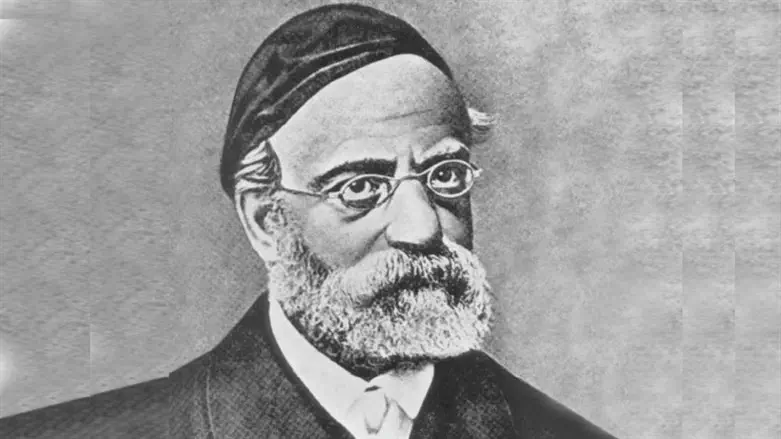
G-d gives us precise instructions on how to serve Him. But some people think they know better. They revere self-expression and thus invent new ways to serve their Maker. No matter that they seek counsel from no one and nothing except their own heart. No matter that their ideas plainly violate Jewish tradition. They forge ahead nonetheless.
Individualism, arrogance, and defiance.
The three roots of rebellion against traditional Judaism in the 21st century. They’re also the roots of Nadav and Avihu’s sin in this week’s parsha.
“And Aharon’s sons, Nadav and Avihu, each took his pan…and they brought near before G-d strange fire which He had not commanded” (Leviticus 10:1).
They were “Aharon’s sons,” but they did not consult with their father about bringing this fire, says the Midrash. Rav Samson Raphael Hirsch suggests that “precisely because they were the sons of Aharon, they felt they were under no obligation to seek advice from anyone else.” They arguably “had an exaggerated sense of self-worth and so relied exclusively on their own reasoning.” Indeed, they “did not [even] consult with each other,” says the Midrash, commenting on the words “ish machtaso.”
Nadav and Avihu wanted to be individuals even though kohanim are supposed to be “completely identified with the nation.” The Jewish nation in its entirety “was privileged to witness a revelation of G-d’s closeness,” but “Nadav and Avihu felt the need to make a separate offering of their own” (emphasis in the original).
And then they compounded their sin by bringing an offering that “was illegal in every respect,” Rav Hirsch writes. The “pans, the fire, the ketores – all were against halakha.” For example, they “did not bring their offering in vessels of the Sanctuary, but in their own vessels,” and they “did not take fire from the altar as was prescribed for the daily ketores and the ketoret of Yom Kippur.”
After King Saul disobeyed G-d by offering Amalekite animals as korbanot rather than killing them immediately, Samuel said to him: “Does the Lord have as much delight in burnt offerings and sacrifices as in obeying the voice of the Lord? Behold, to obey is better than a sacrifice, and to hearken is better than the fat of rams” (I Samuel 15:22).
Nadav and Avihu made the same mistake as Saul. They sought to draw near to G-d, “but this can be attained only through obedience to G-d and acceptance of the yoke of His commandments.” Offerings of one’s own invention “glorify personal caprice instead of obedience to G-d,” writes Rav Hirsch.
These are wise words to bear in mind next time someone suggests introducing a woke value into our shuls and communities under the guise of religiosity. Giving expression to our every desire is not what Judaism demands of us. Obedience is.
“The death of Aharon’s sons is…a clear protest against all subjective arbitrariness in the sphere of our ritual worship of G-d.”
Rav Samson Raphael Hirsch (1808-1888) – head of the Jewish community in Frankfurt, Germany for over 35 years – was a prolific writer whose ideas, passion, and brilliance helped save German Jewry from the onslaught of modernity.
Elliot Resnick, PhD, is the host of “The Elliot Resnick Show” and the editor of “The Rav Samson Raphael Hirsch Dictionary.”
...
